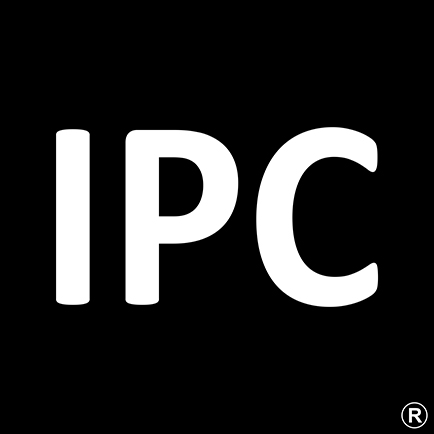PVC pellets are used to create a plethora of different plastic products that consumers buy and use every day. While plastic may often be used as the scapegoat for many of the world’s environmental problems, the fact of the matter is that the issue goes far deeper than that.
When plastic products are made in an ethical way, and they are disposed of correctly, PVC pellets can end up having very little effect on the environment. In this article, we’ll have a look at some of the ways in which you can take responsibility and reduce your impact.
Buy PVC Pellets from Responsible Suppliers
Buying from reliable and responsible suppliers is the first step that you need to take if you want to reduce your business’s environmental impact. You have every right to ask questions about the origin of the material and ensuring that the pellets themselves are made from sustainable and safe raw materials. Demanding honest answers and reasonable transparency should be normalized.
As consumers, we should not be okay with buying products that are made with unsafe or unsustainable raw materials for any reason. The fact that these lower grade pellets are cheaper, is the reason why these questions are often overlooked. But in the long run, you’ll find that the quality of your end products is subpar, and your business may suffer.
Understand Plastic Symbols and Logos
It is very important that you understand what symbols to look for. For example, SAVA regulates and guides companies within the vinyl’s industries towards using safe and sustainable products/raw materials. Suppliers that are SAVA members abide by all the relevant manufacturing regulations. You may also want to look out for REACH and RoHS compliancy.
Recycling
Recycling PVC and creating a closed loop system that we are all a part of is one way to significantly reduce your environmental impact. Once a product has been used to its maximum potential, we should educate ourselves on how to dispose of the product in the best way for the environment and/or to potentially be reused or recycled into another product that is suitable/appropriate.
A lot of the time, plastic itself is not the problem (considering it is made responsibly) but rather what we as consumers do with the final product and what happens to it when we are done with the product and where does it end up if not recycled or reused correctly.
Are you looking for responsible plastic pellet suppliers in South Africa? Here at IPC, we do not take our position lightly and we do what we can to reduce our environmental impact and inform our clients on how they can do the same? If you have any questions, please feel free to get in touch with us today.


